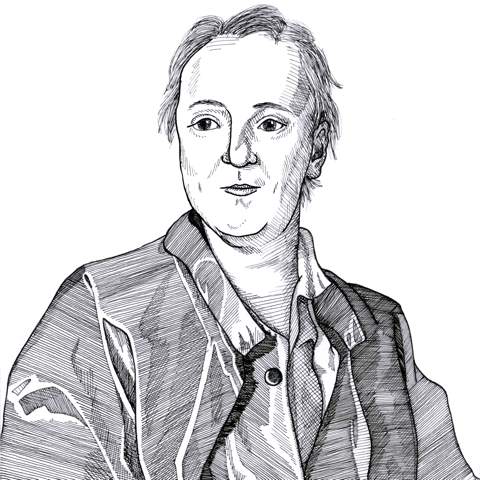
Diderot argues that the laws must be based upon natural rights and be made for all and not for one (1755)
Found in: Encyclopedic Liberty: Political Articles in the Dictionary of Diderot and D’Alembert
The editor of the Encyclopédie, Denis Diderot (1713-1784), wrote a provocative article on “Natural Rights” (1755) in which he argued that by reasoning about the human condition a set of universally valid principles could be derived which were applicable to Kings, aristocrats, and ordinary people alike:
Natural Rights
If you therefore meditate carefully on the foregoing, you will remain convinced: (i) that the man who listens only to his particular will is the enemy of the human race; (ii) that the general will in each individual is a pure act of understanding that reasons in the silence of the passions about what man can demand of his fellow man and about what his fellow man can rightfully demand of him; (iii) that this consideration of the general will of the species as well as the common desire is the rule of conduct relating one individual to another in the same society, one individual to the society of which he is a member, and the society of which he is a member to other societies; … (v) that the laws must be made for all and not for one …